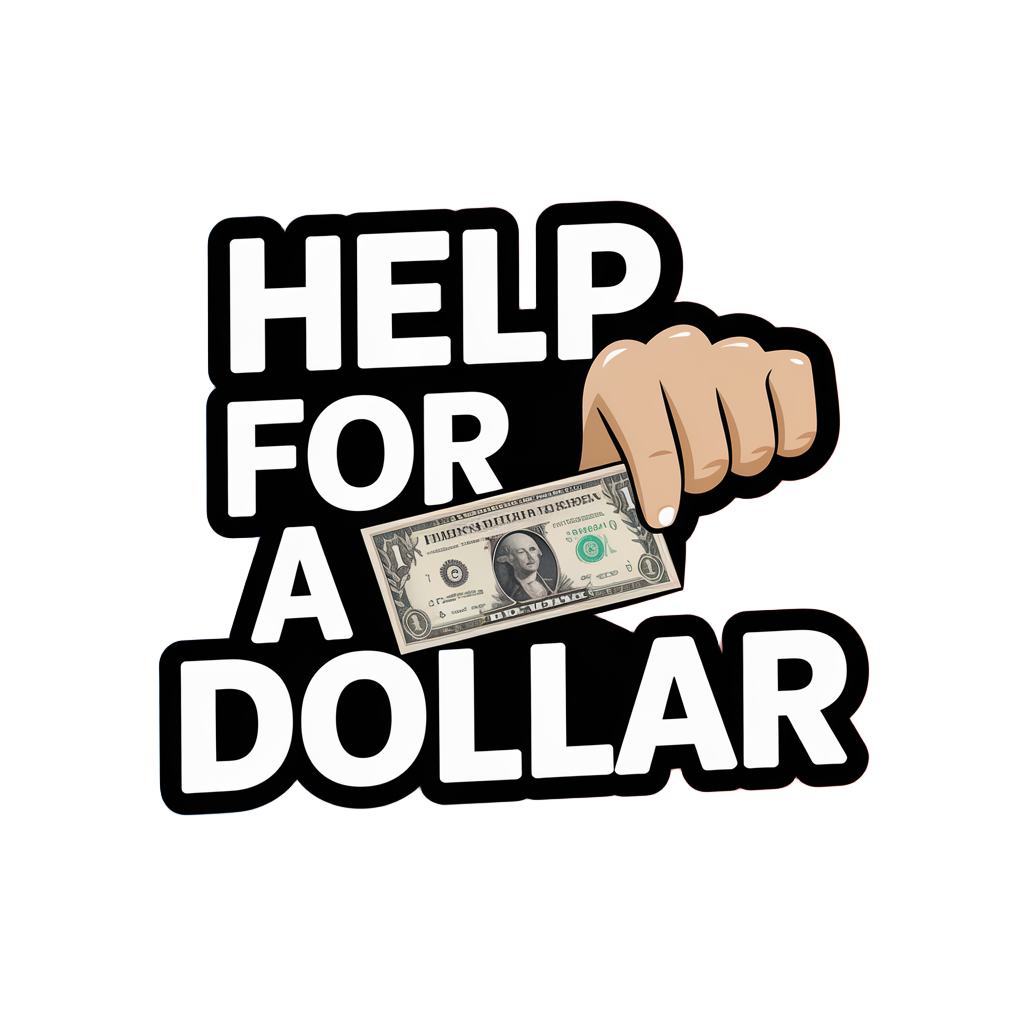Understanding Stress and Nutrition’s Impact on Hair Loss
Hair loss can be a distressing experience for many individuals, and the factors contributing to it are often multifaceted. Among these influences, stress and nutrition play significant roles that are frequently overlooked. This article delves into how both stress and dietary habits can affect hair health, aiming to provide insight and ultimately assist those facing hair loss challenges.
The Connection Between Stress and Hair Loss
When discussing hair loss, it’s essential to understand how stress serves as a trigger for various types of hair loss. Stress does not just impact mental well-being; it can have profound physical effects as well.
Types of Stress-Related Hair Loss
There are specific types of hair loss associated with stress, including:
- Alopecia Areata: This condition leads to sudden hair loss in patches and is primarily linked to autoimmune responses that can be triggered by stress.
- Telogen Effluvium: This occurs when an individual experiences significant stress, causing numerous hair follicles to enter the resting phase, subsequently leading to shedding.
- Traction Alopecia: Chronic stress in the form of pulling or tension on hair can lead to permanent hair loss in areas subjected to constant pressure.
Recognizing these types can assist individuals in understanding their hair loss and seeking appropriate solutions.
Nutritional Influence on Hair Health
While stress effects on hair are significant, one must also consider the dietary aspects that can contribute to hair health. Proper nutrition is crucial in maintaining healthy hair follicles, and deficiencies in specific nutrients can lead to weakened hair.
Essential Nutrients for Healthy Hair
To support hair growth and prevent loss, individuals should focus on including the following nutrients in their diets:
- Proteins: Hair is primarily composed of protein, making it essential for hair growth. Sources include lean meats, fish, eggs, and plant-based proteins like legumes.
- Iron: Low iron levels can result in hair shedding. Including iron-rich foods such as spinach, red meat, and lentils is vital for maintaining healthy hair.
- Vitamins A and C: These vitamins promote sebum production and help in collagen formation. Foods like sweet potatoes, carrots, and citrus fruits can fulfill these needs.
- Biotin: Known for its beneficial effects on hair, biotin can help bolster keratin structure. It can be found in eggs, nuts, and whole grains.
- Omega-3 Fatty Acids: These healthy fats from fish, walnuts, and flaxseeds can nourish hair and support overall scalp health.
Including a variety of these nutrients can aid in the promotion of stronger, healthier hair.
The Interplay Between Stress and Nutrition
Stress and nutrition often exist in a cycle that can exacerbate hair loss. When individuals are under stress, their eating habits can deteriorate, leading to poor nutrition. This, in turn, may further compromise hair health.
Managing Stress Effectively
To break this cycle, managing stress effectively is paramount. Consider the following strategies to mitigate stress levels:
- Regular Exercise: Engaging in physical activities like walking, yoga, or dancing helps release endorphins, which combat stress.
- Meditation and Mindfulness: Practicing techniques that promote mental clarity can reduce anxiety and improve overall mental health.
- Healthy Sleep Habits: Sleep deprivation worsens stress levels. Establishing a regular sleep schedule can enhance recovery and mental resilience.
- Social Support: Cultivating connections with friends and family can provide emotional support, reducing feelings of isolation during stressful times.
By adopting these strategies, individuals can enhance their resilience against stress, promoting better dietary choices that favor hair health.
Consulting Healthcare Professionals
If experiencing hair loss, it is crucial to consult healthcare providers, including dermatologists or nutritionists. They can provide tailored advice based on individual circumstances, considering factors like the severity of hair loss and unique dietary needs.
Potential Treatments for Hair Loss
Several treatment options may be available, depending on the type of hair loss identified. These options include:
- Topical Treatments: Medications like minoxidil can stimulate hair growth for certain types of hair loss.
- Adequate Nutrition: A nutritionist may recommend specific supplements to address deficiencies.
- Therapies: Techniques such as PRP (platelet-rich plasma) therapy are emerging as promising treatments for hair loss.
Exploring these avenues can provide supplementary support along with managing stress and nutrition.
Conclusion
Understanding the profound impact of stress and nutrition on hair loss is essential for taking proactive measures and seeking effective solutions. By addressing both factors holistically, individuals can improve their hair health and overall well-being. It’s a journey that involves recognizing the signs, making informed dietary choices, and actively managing stress levels. For anyone dealing with hair loss, taking these steps can lead to meaningful improvements.

Leave a Reply